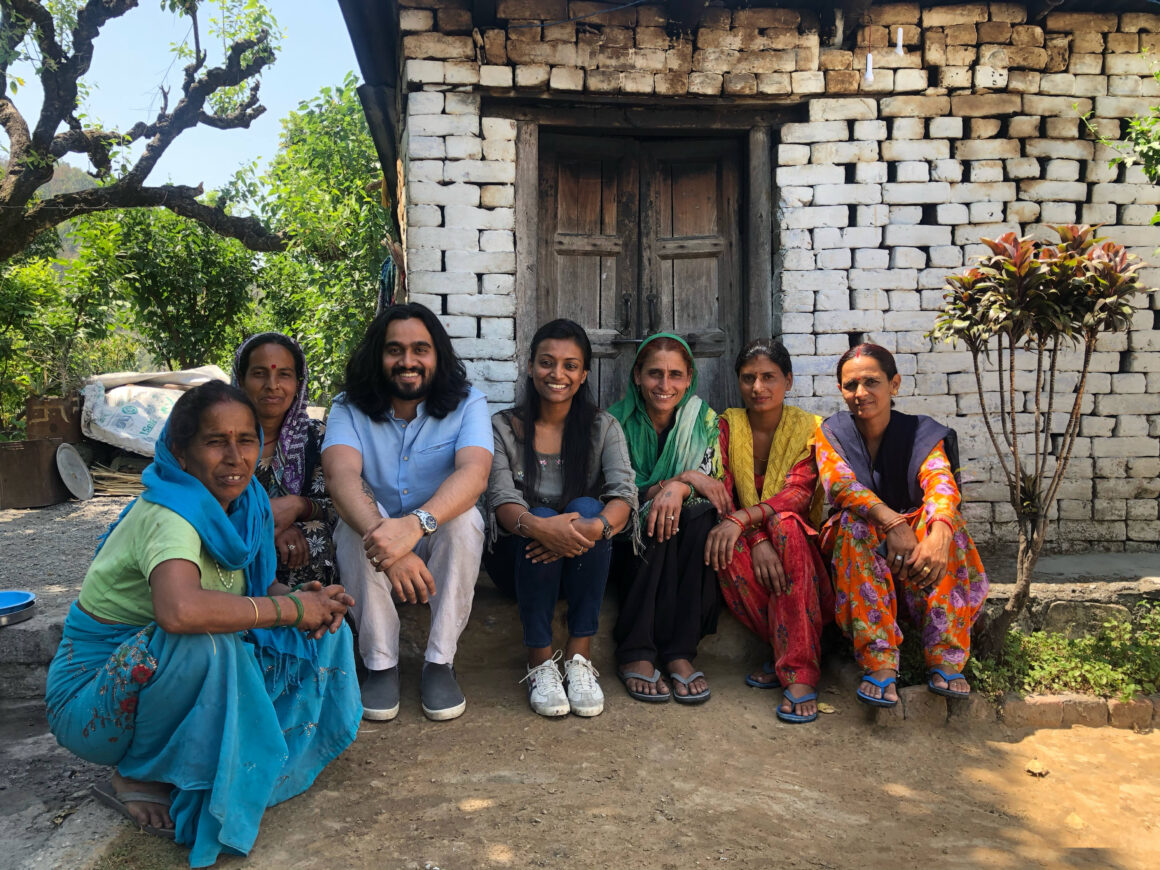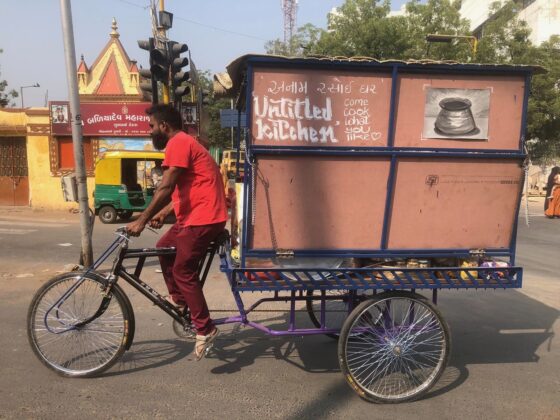Based out of Dehradun, Valley Culture showcases native produce from Uttarakhand by sourcing ingredients from local farmers working in the Himalayan region. Combining their experiences of backgrounds in hospitality training and Ayurveda respectively, co-founders Robin Nagar and Shikha Prakash are passionate about promoting local ingredients while also preserving traditional practices and methods of production.
Founded in 2019, they initially worked with cultured ghee, lychee honey, and Lakadong turmeric (a specialty of the region). Today, their website showcases a wealth of produce from the valleys of Uttarakhand—herbs like faran sourced from Pithoragarh, himalayan red rice from Raithal in Uttarkashi, and barnyard millet from Navgaon in Sangamchatti. At present, Valley Culture works with a network of around 5,100 farmers across 83 villages in Uttarakhand.
Why We Love Valley Culture
- Preserving traditional practices – Valley Culture works closely with traditional food producers, thereby highlighting the practices of the region through their products. For instance, the stone grinding of whole kernels is processed by gharats (traditional water mills), which subsequently convert the kinetic energy to electricity supplied to the community. Pisyun loon, a hand-pounded flavoured salt traditional to this region, can also be found on their website.
- Focus on provenance – Their range spotlights products from a specific provenance—turmeric with high curcumin content is sourced from the heart of Tehri hills; rajma from Chakrata and Harsil. These products come with nuanced flavours and a strong focus on nutrition.
- Community-driven – Today, if a farmer that they work with faces a challenge, Valley Culture helps out through sharing of knowledge, and by connecting them to the right resource, which could be an NGO or a government department. They also assist farmers in understanding and availing various MSME (Micro, Small & Medium Enterprises) government policies.
Note from the Producer
“The Himalayan State of Uttarakhand is a young state, and mostly with very difficult geographical terrains. There are limited opportunities for people in the hills. Over the past few years, the western food culture has become an integral part of our food system. This has led to a reduced consumption of local produce, and a decline in traditional farming practices. With farms discontinuing the practice of farming in the hills, there is a massive challenge of ‘palayan’, meaning migration, resulting in ghost villages.”
— Robin Nagar and Shikha Prakash, Co-founders of Valley Culture

The Locavore Bite
TL Bite offers a glimpse into how a partner producer runs their operations, and reflects their core principles and values. The idea is to provide insights into their practices and highlight their positive efforts descriptively. We have identified seven key areas of assessment – origin and source of ingredients, composition and integrity of the products, workforce policies, production practices, community-related initiatives, approach towards preserving or celebrating traditional knowledge and the materials used in packaging. While this assessment may not be entirely comprehensive, we hope it helps you make an informed decision about why you might want to support them, and the ways in which to.
The information below offers you a snapshot of where Valley Culture stands on these parameters. We have put this together based on several rounds of conversation with Robin Nagar and Shikha Prakash, the co-founders of Valley Culture. Click on a piece of the pie below to find out more.
No Data Found
If you’re interested in finding out more about Valley Culture, read our interview with them here.
Products We Recommend
Jakhiya
Himalayan Gahat Dal
How to Buy
If you would like to learn more about Valley Culture, or try their products, check out their website. If you’re interested in supporting them in other ways, please contact us at connect@thelocavore.in.
This is a paid partnership with Valley Culture. At the Locavore, we strive to keep the practices of a producer transparent and honest across all forms of partnerships.




